by Helen Tope
A new film from Wes Anderson is always an event. With an impressive roll call, including Bottle Rocket, The Royal Tenenbaums and The Grand Budapest Hotel, the expectations for The French Dispatch have been understandably high.
Anderson takes us to France in the Sixties and Seventies, to a fictional town called Ennui-Sur-Blasé. Here are situated the offices of The French Dispatch, a supplement magazine for an American newspaper. Despite the best efforts of its editor, Arthur Howtizer Jnr (a curiously underused Bill Murray), the magazine is due to close.
The magazine is determined to bow out in style, with Howitzer Jnr commissioning features from his best writers. It’s clear that Anderson believes The French Dispatch to be a love letter to journalism, to a more gentle age where quality was key. Howitzer Jnr, on being pressed to cut expenditure, removes ad space and insists journalism mustn’t be rushed. Anderson structures the film with the magazine office scenes as bookends, and in between, stories based on the features – art, politics, food – being written for the magazine’s final issue.
For the first story, The Dispatch’s resident art critic, J.K.L Berensen (played by Tilda Swinton) gives a lecture on the work of criminally-insane artist, Moses Rosenthaler (Benicio Del Toro). Rosenthaler discovers his talent for painting as he joins the prison art group. Marshalled by prison guard Simone (Lea Seydoux), Rosenthaler is sufficiently encouraged to pursue his work. A relationship develops between Simone and Moses, where Simone becomes the muse for the piece later acclaimed as a masterpiece.
A fellow inmate, due for release, spots Moses’ work and insists on its genius. Julian Cadazio (Adrien Brody, fresh from his Succession cameo) presents the work to his fabulously wealthy uncles. With the Cadazio money and influence behind him, Rosenthaler becomes a household name.
The second story comes from the pen of political journalist, Lucinda Krementz (Frances McDormand). The least successful of the three, this story follows student activist, Zeffirelli (a part specially written for Timothée Chalamet). Despite a neat interplay between McDormand and Chalamet, Anderson’s reluctance to engage with the politics is disappointing, and this story never goes any further than quirky detail.
Anderson’s last story is from food critic, Roebuck Wright (played by Jeffery Wright). We are seeing Roebuck in his younger days (a clean-shaven Wright in a sharp, Sixties suit) as he joins the Commissaire of Ennui-Sur-Blasé for a very special dinner. He is there to eat the food of celebrated chef, Nescaffier (a lovely performance from Stephen Park). As the night unfolds, a mysterious phone-call to the Commissaire’s office changes everything. Roebuck finds himself immersed in a thriller where the stakes couldn’t be higher.
As a result of Anderson’s Russian Doll approach to story-telling, The French Dispatch is in danger of getting lost in the parentheses. Unlike the tautly handled Grand Budapest Hotel, Dispatch is far more uneven, and the seductive qualities of Anderson’s better stories pull us away from the core of the narrative. As we leave Roebuck’s world and Wright’s sublime narration, the film never quite recovers.
Anderson’s ability to collate star power remains dazzling. The usual suspects are here (Owen Wilson, Tilda Swinton always having fun). But the newcomers to the Anderson Club, Benicio Del Toro and Jeffery Wright, feel perfectly placed within Anderson’s cinematic lexicon. Wright’s quieter role is a standout – his scenes with Park are beautifully done, as Roebuck and Nescaffier discuss what it means to be the habitual foreigner living in France.
The strength, and problem, of The French Dispatch is that you know exactly what you’re getting. It is, in its adoption of pastels, whimsy and humour, absolute Anderson. While there are enough performances to make seeing this film worthwhile (Seydoux, Brody, a brief appearance by Elisabeth Moss), the structure just doesn’t hold up. This was a film that yearned to step away from Anderson’s preferred style, and into something more mature. There’s a lack of development, but Anderson’s ability to persuade actors to give extraordinary performances remains impressive. But we’re never quite sure how the film regards itself, and it’s a shame, because in its best moments, The French Dispatch is charming and spirited.
The French Dispatch is showing at Plymouth Arts Cinema until Thursday 18 November. For tickets and information, visit https://plymouthartscinema.org/whats-on/the-french-dispatch-15/
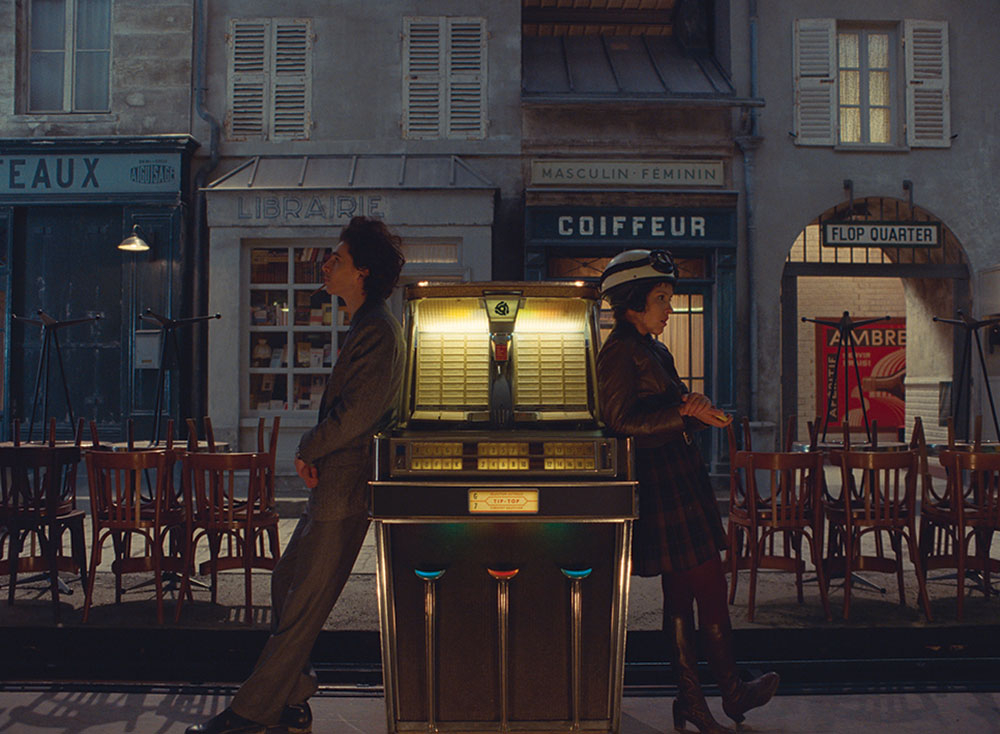
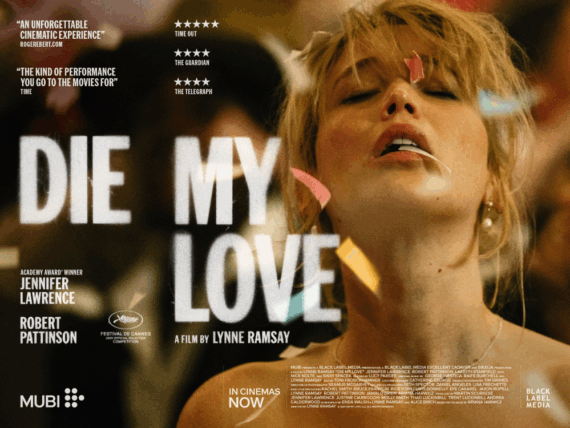
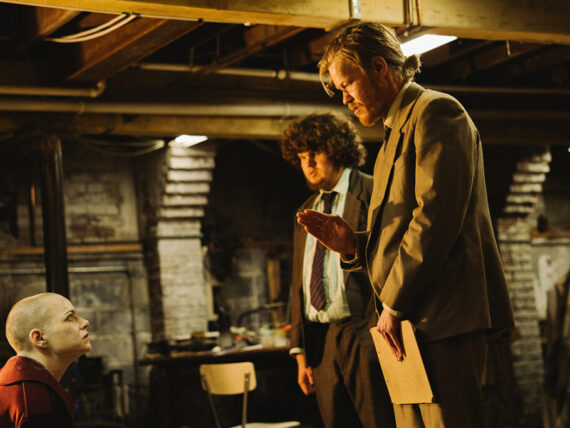
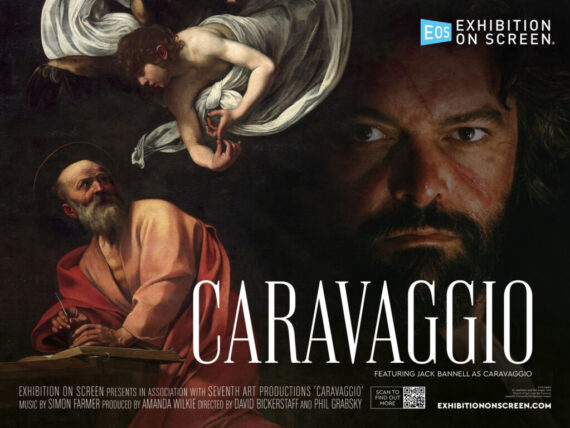
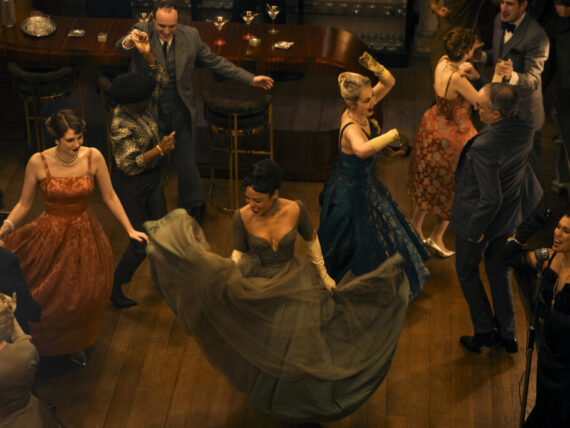
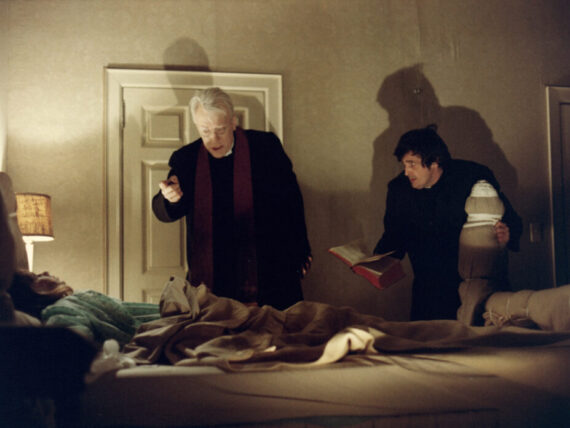
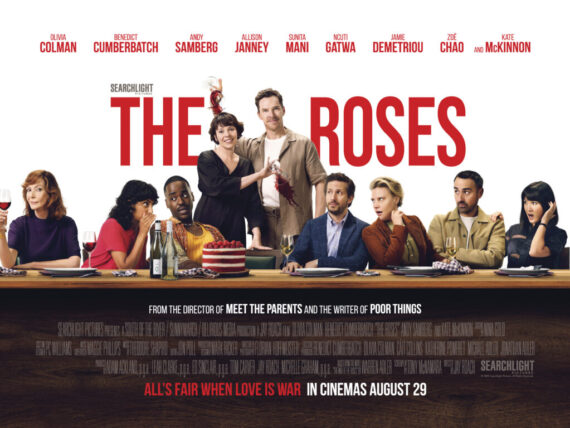
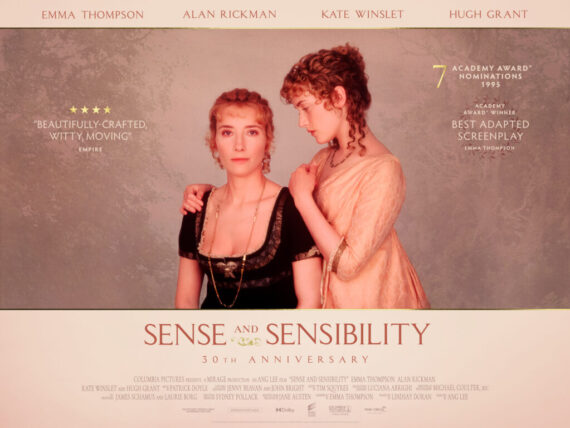

Comments
No comment yet.